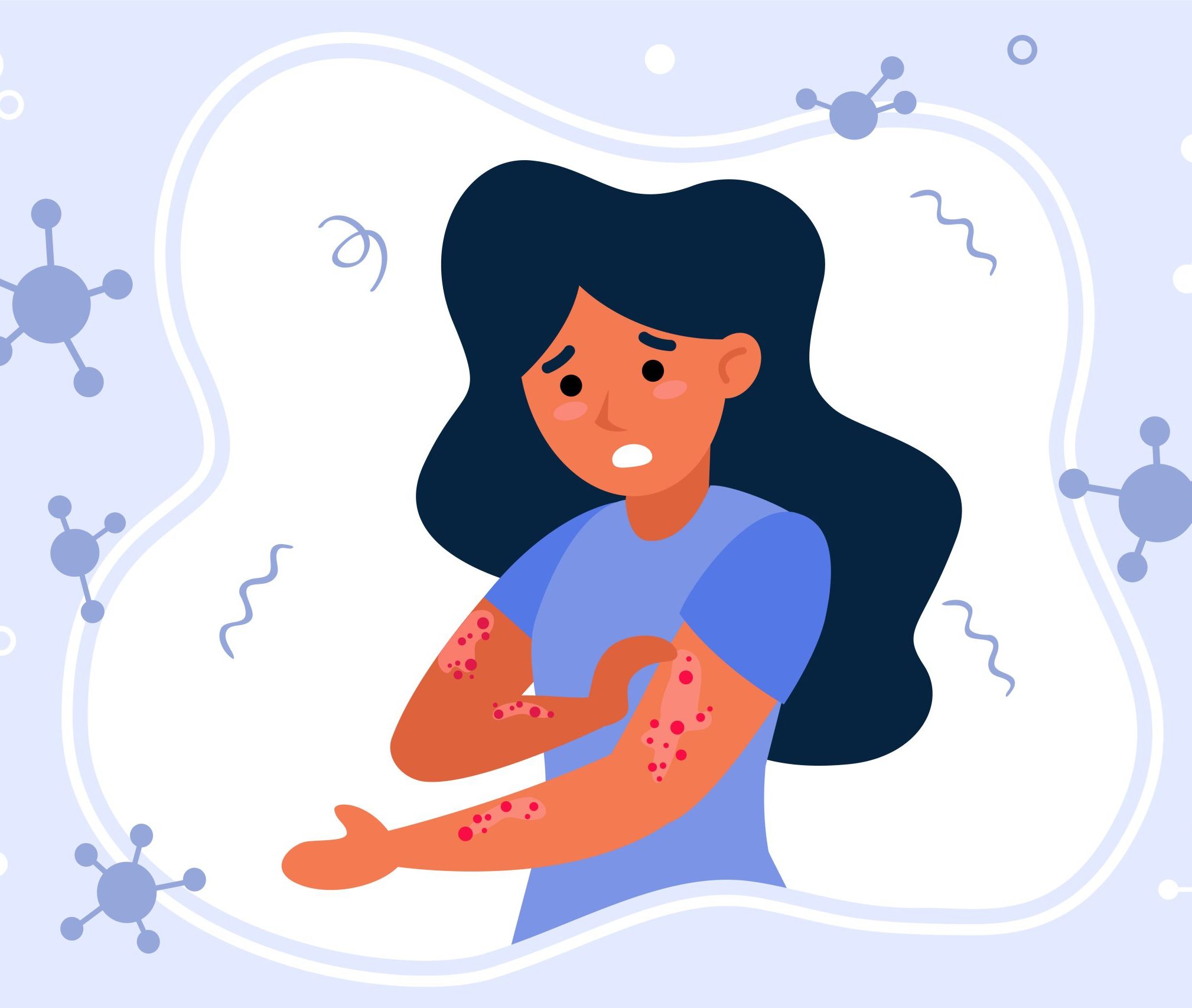Swelling and thickening of the skin can occur due to various underlying conditions, and the specific characteristics may differ depending on the cause. Here are some common conditions associated with swelling and thickening of the skin:
- Edema: Edema refers to the accumulation of fluid in the tissues, leading to swelling. When edema affects the skin, it can cause pitting edema, where pressing on the swollen area leaves a temporary indentation. Edema can result from various factors such as injury, inflammation, heart failure, kidney disease, liver disease, or venous insufficiency.
- Cellulitis: Cellulitis is a bacterial skin infection that can cause swelling, redness, warmth, and pain in the affected area. The skin may appear swollen and feel thickened due to inflammation and fluid accumulation. Cellulitis typically requires treatment with antibiotics.
- Angioedema: Angioedema is a condition characterized by rapid swelling of the deeper layers of the skin and mucous membranes. It often affects areas such as the face, lips, tongue, throat, or genitals. Angioedema can be caused by allergic reactions, medications, or underlying medical conditions.
- Eczema (Atopic Dermatitis): Eczema is a chronic inflammatory skin condition characterized by dry, itchy, and inflamed skin. In severe cases, repeated scratching and inflammation can lead to thickening of the skin, known as lichenification. Lichenified skin appears thickened, rough, and leathery.
- Psoriasis: Psoriasis is a chronic autoimmune condition that leads to the rapid turnover of skin cells, resulting in thickened, red, and scaly patches of skin. In some cases, psoriasis can cause swelling and thickening of the skin, particularly in areas such as the knees, elbows, scalp, or nails.
- Scleroderma: Scleroderma is a group of rare autoimmune diseases that cause the skin and connective tissues to become thickened and hardened. Localized scleroderma primarily affects the skin, causing patches of thickened, hardened skin, while systemic scleroderma can affect internal organs as well.
- Rosacea: In some cases of rosacea, particularly in its advanced stages, swelling and thickening of the skin may occur, leading to a condition known as rhinophyma. Rhinophyma primarily affects the nose, causing it to become swollen, red, and bulbous due to the overgrowth of sebaceous glands and connective tissue.
Treatment for swelling and thickening of the skin depends on the underlying cause and may include medications, topical treatments, lifestyle modifications, or procedures such as laser therapy or surgery. It’s essential to consult a healthcare professional for an accurate diagnosis and personalized treatment plan tailored to your specific condition.




